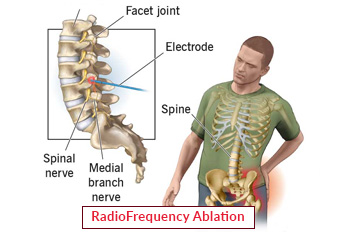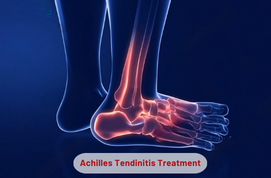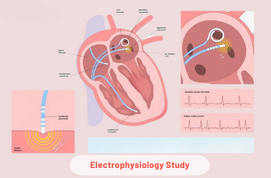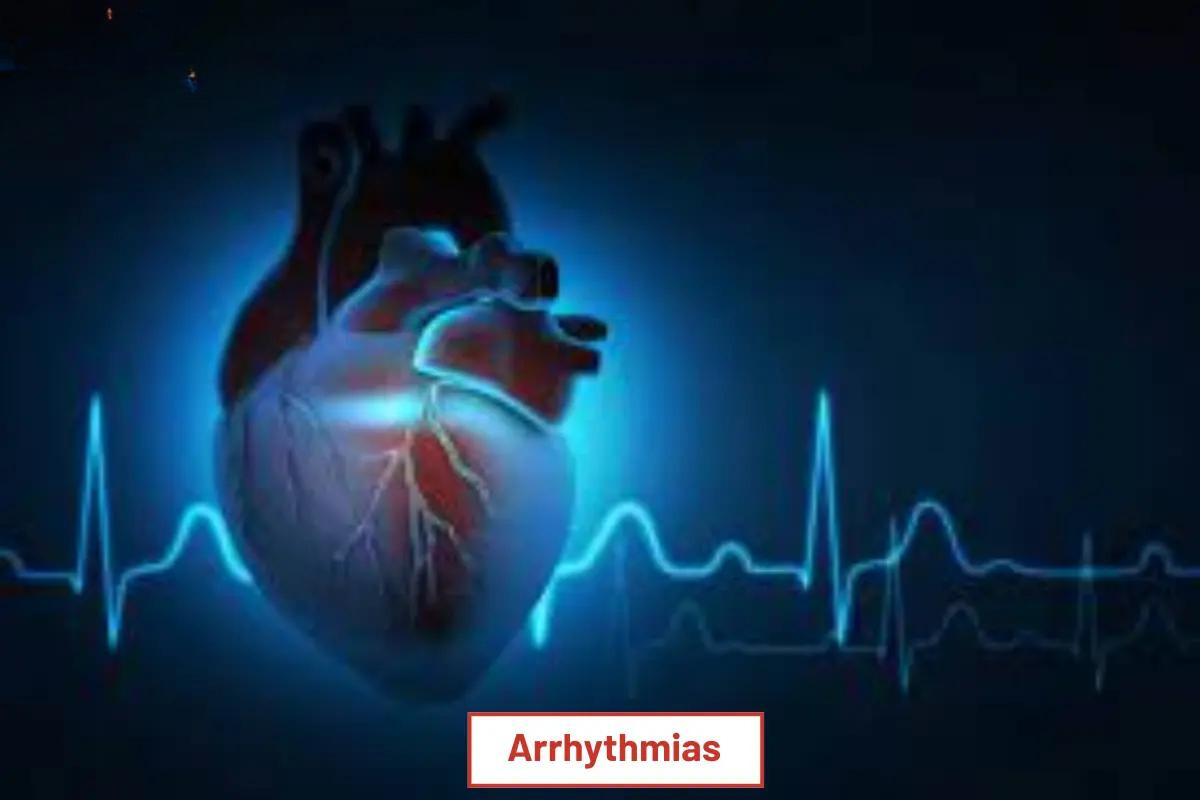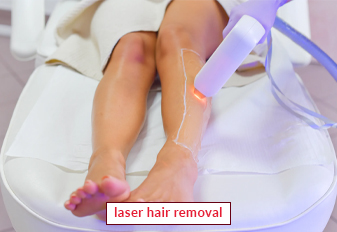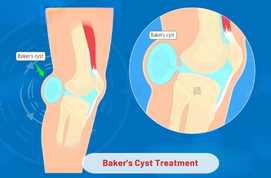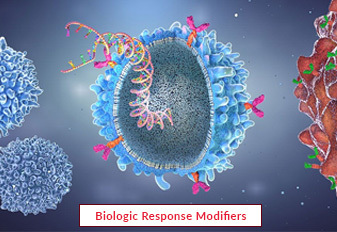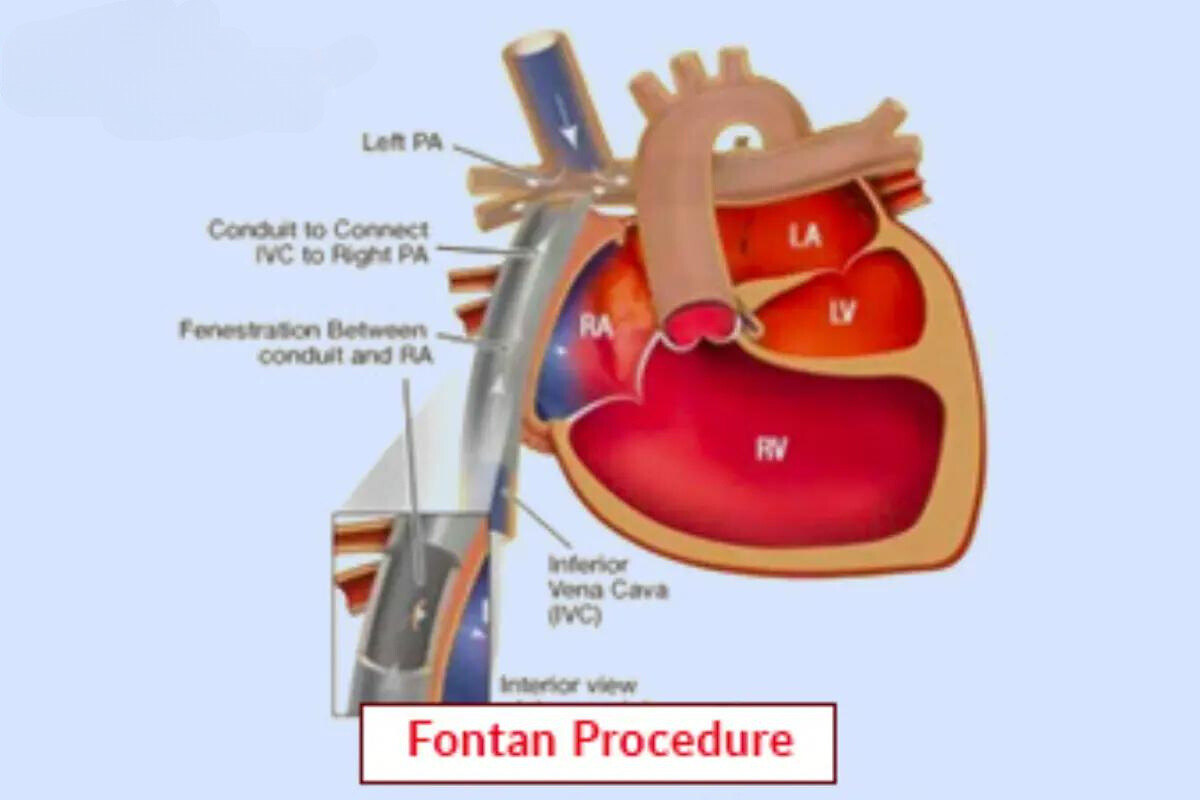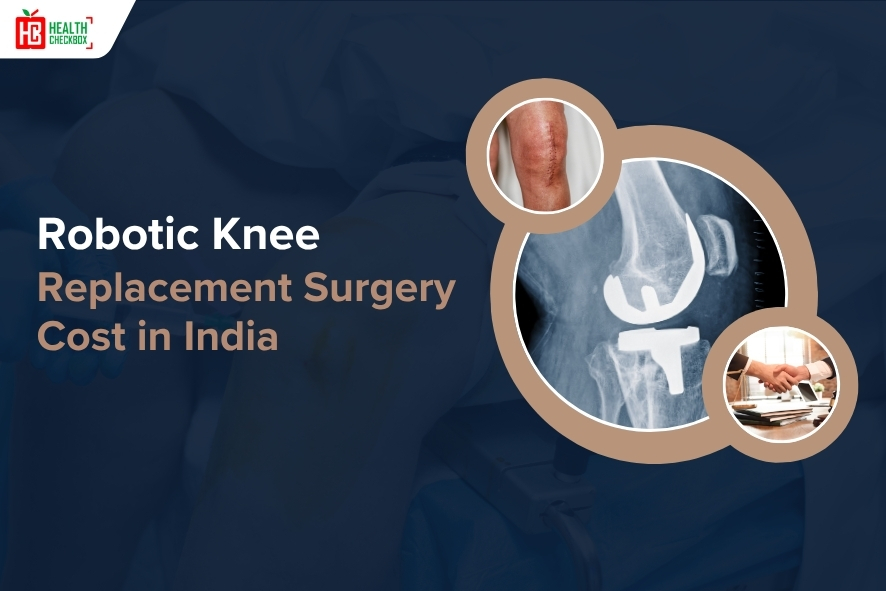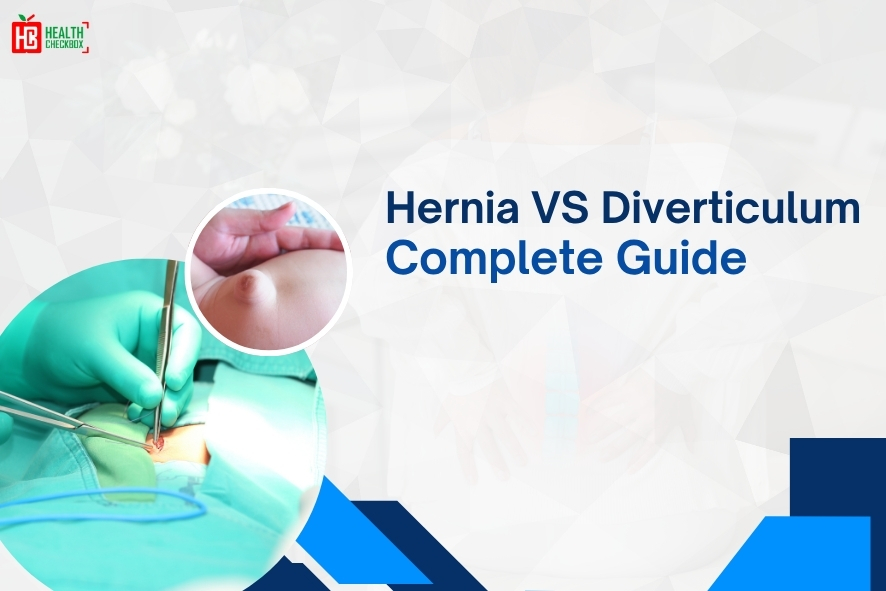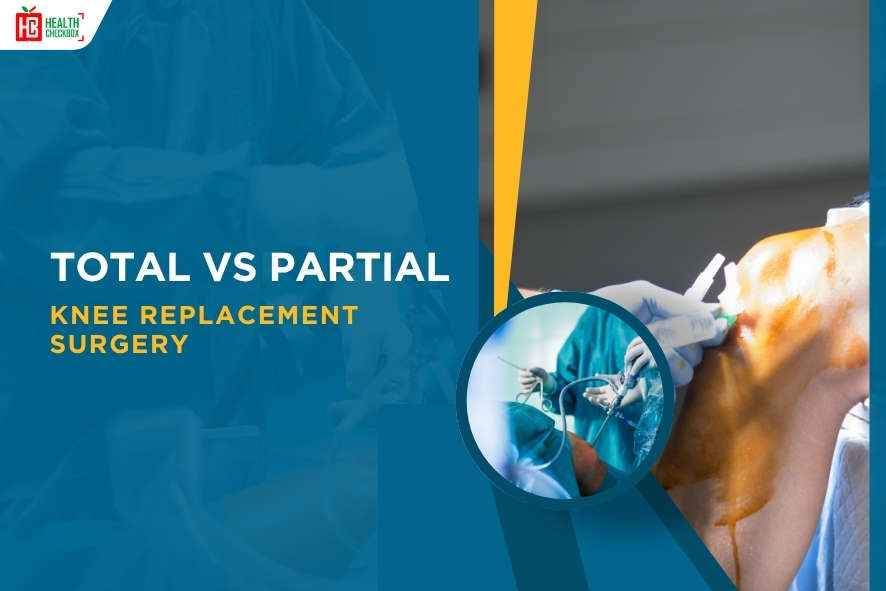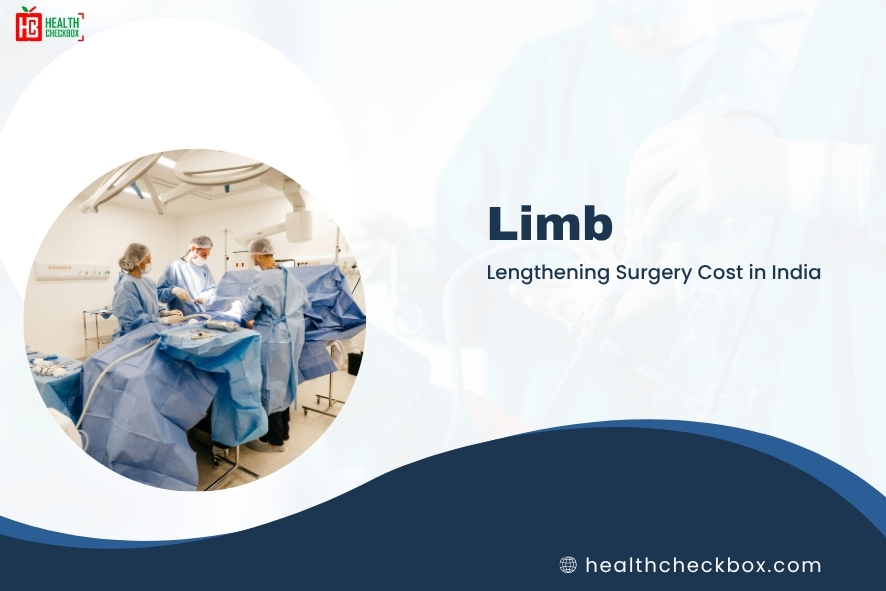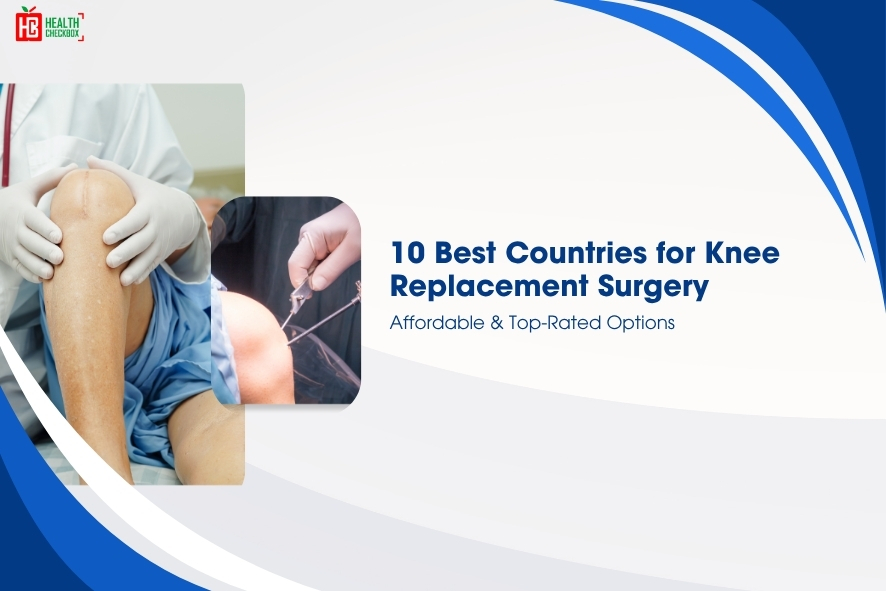Radiofrequency ablation (RFA) is a minimally invasive method, employing heat created by radio waves to kill particular tissue, such as tumors or nerves. Chronic pain, particularly in the neck, lower back, or arthritic joints, is usually treated by warming and breaking the nerves that convey pain signals to the brain. RFA is also used to treat various medical conditions, including cardiac arrhythmia, chronic venous insufficiency, and benign and malignant cancers. A needle-like probe or transducer is put into the body during the procedure, which is normally done under local anesthesia and guided by imaging methods such as ultrasound.
The process itself usually takes less than an hour and is not painful. Before the procedure you should discuss with your doctor about anxiety or discomfort. Overall, the activity shouldn’t hurt, though you might experience some slight pressure or discomfort. The testing and stimulation portions of the process might cause you some pain related problems.
Multiple names of RFA are listed below:
- Radiofrequency neurotomy
- Rhizotomy
- Fulguration
- Radiofrequency catheter ablation
How Does RFA Work?
RFA uses radiofrequency energy to generate heat at a specific tissue or nerve in the body. To target a specific location while avoiding overheating of neighboring healthy tissues, the raised temperature of RF energy is carefully controlled. This radiation not only heats the target but also causes the cells in that location to clot. When it comes to pain treatment methods like facet RFA, the heat harms the nerves that provide pain signals. This interruption provides long-term respite to the patient by blocking pain signals.
Types of Radiofrequency Ablation
There are three types of RFA and each of them has its own characteristics and application. The choice of which type to use depends on the medical condition being treated. These are listed below:
1. Thermal RFA
- This generates heat to create death of cells in the target tissue. It requires heating the target tissue to a maximum temperature by using radiofrequency energy.
2. Cool RFA
- It involves the use of an electrode with cooling technology to prevent excessive tissue charring during the activity. It gives heat, but the cooling effect helps protect nearby tissues and allows for larger lesion sizes.
3. Pulsed RFA
- Instead of delivering heat continuously, it delivers radiofrequency energy in sporadic bursts or pulses. This method seeks to alter pain signals without resulting in coagulative necrosis or tissue damage.
Conditions Treated by RFA
Fulguration is used for a variety of medical conditions. These are mentioned below:
1. Chronic pain management
- RFA frequently treats persistent pain in the knees, pelvis, neck, and back. To decrease or get rid of pain, it entails burning the nerve that sends pain signals to the brain.
2. Treatment for tumors
- RFA can be used to reduce or eliminate nodules, tumors, and other bodily growths. In organs like the liver, where it works well for hepatocellular cancer, it can be used for both benign and malignant tumor growth.
3. Renal denervation
- RFA has been investigated as a technique to ablate nerve endings in the renal arteries in order to treat resistant hypertension, despite the fact that recent phase three trials have not demonstrated appreciable drops in blood pressure.
4. Heart conditions
- Atrial fibrillation and supraventricular tachycardia are two arrhythmias that are treated with RFA in cardiology. Restoring a normal heartbeat entails ablating the heart’s aberrant electrical circuits.
5. Palliative care
- In this case, RFA is also used to treat patients with severe metastatic bone disease. Patients who are not eligible for or do not respond to generalized treatments.
6. Benign bone tumors
- It is more popular as a less invasive and damaging option to surgery for treating benign bone tumors, especially osteoid osteomas.
Benefits of RFA
Advantages of radiofrequency ablation are given below:
- Pain relief
- Improved function
- No surgery
- Quick recovery
- Safe & effective
- Long term relief
- Non-invasive
- Used for various condition
Radiofrequency Ablation Risks
There are several potential risks and complications connected with RFA that are mentioned below:
1) The procedure can cause damage to nerves and tissues near the area where the needle is inserted.
2) There are high chances of infection in the area that is operated on.
3) It is rare, but bleeding can occur at the insertion place.
4) In some cases, pain may permanently worsen after the procedure.
5) Swelling or bruising can occur at the insertion site.
6) Some patients may experience weakness or numbness at the insertion site.
7) Around six to twelve months following the treatment, the treated nerve may grow again, which could result in the recurrence of pain sensations.
Procedure of Radiofrequency Ablation
1) Before The Process
- You can discuss with your doctor about pain, medical history, and treatment options. After that, a healthcare expert will explain the RFA procedure and its benefits and risks.
- If you want to lessen the chance of bleeding, then you should try to stay away from blood thinner drugs.
- Fasting for a few hours before under-going the activity may be required, particularly if sedation is being utilized.
2) During The Procedure
- After being led to a treatment room, you will be instructed to lie down comfortably. For sedation, an IV line may be placed.
- A local anesthetic drug is given that numbs the area to alleviate the pain.
- Imaging techniques may be used by the doctor. It includes X-ray or ultrasound, to find out the correct area that needs treatment.
- A thin needle that will guide the targeted nerve is inserted into the skin.
- After the needle is in place, electromagnetic energy is applied to the nerve. This heat stops the nerve’s ability to send pain signals to the brain.
- The medical personnel will monitor your comfort and vital signs throughout the treatment.
3) After The Process
- You will be taken to a recovery area where you can rest for a short time.
- In some cases, you will notice swelling on the operated area. And this type of side effect is normally tolerable with over-the-counter painkillers.
- You should not lift heavy objects. Try to avoid performing strenuous exercises.
- Regular consultation with a doctor is advisable. This will speed up your recovery and relieve you from the ongoing pain gradually.
Our Other Services
Latest Health Tips
Asthma vs Bronchitis
Cochlear Implant vs Hearing Aid
Heart Transplant vs Kidney Transplant
Robotic Knee Replacement Surgery Cost in India
Hernia VS Diverticulum: Complete Guide
Total vs Partial Knee Replacement Surgery
Limb Lengthening Surgery Cost in India: Cost Comparison
10 Best Countries for Knee Replacement Surgery: Affordable & Top-Rated Options
Submit Your Enquiry
Testimonials








